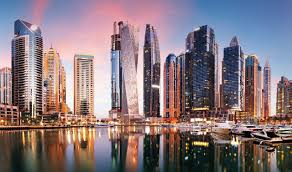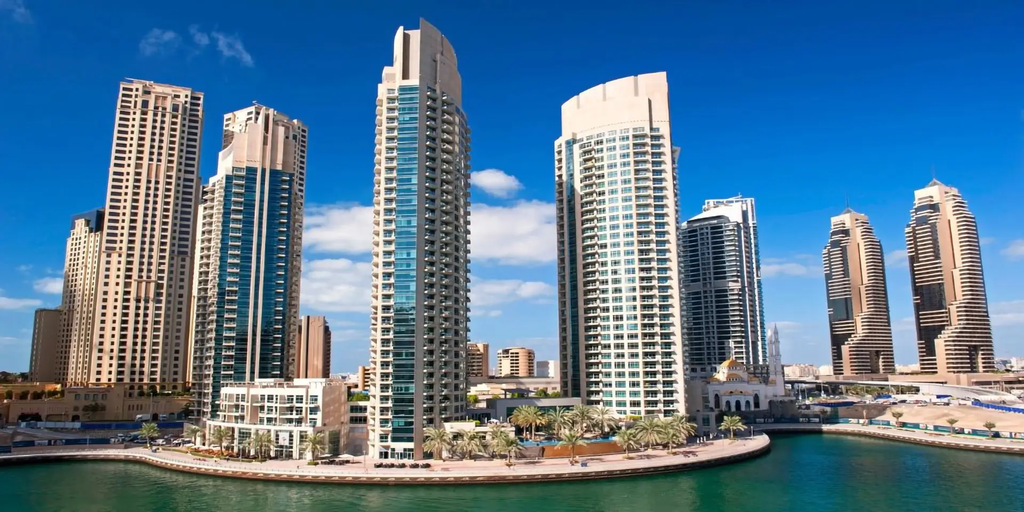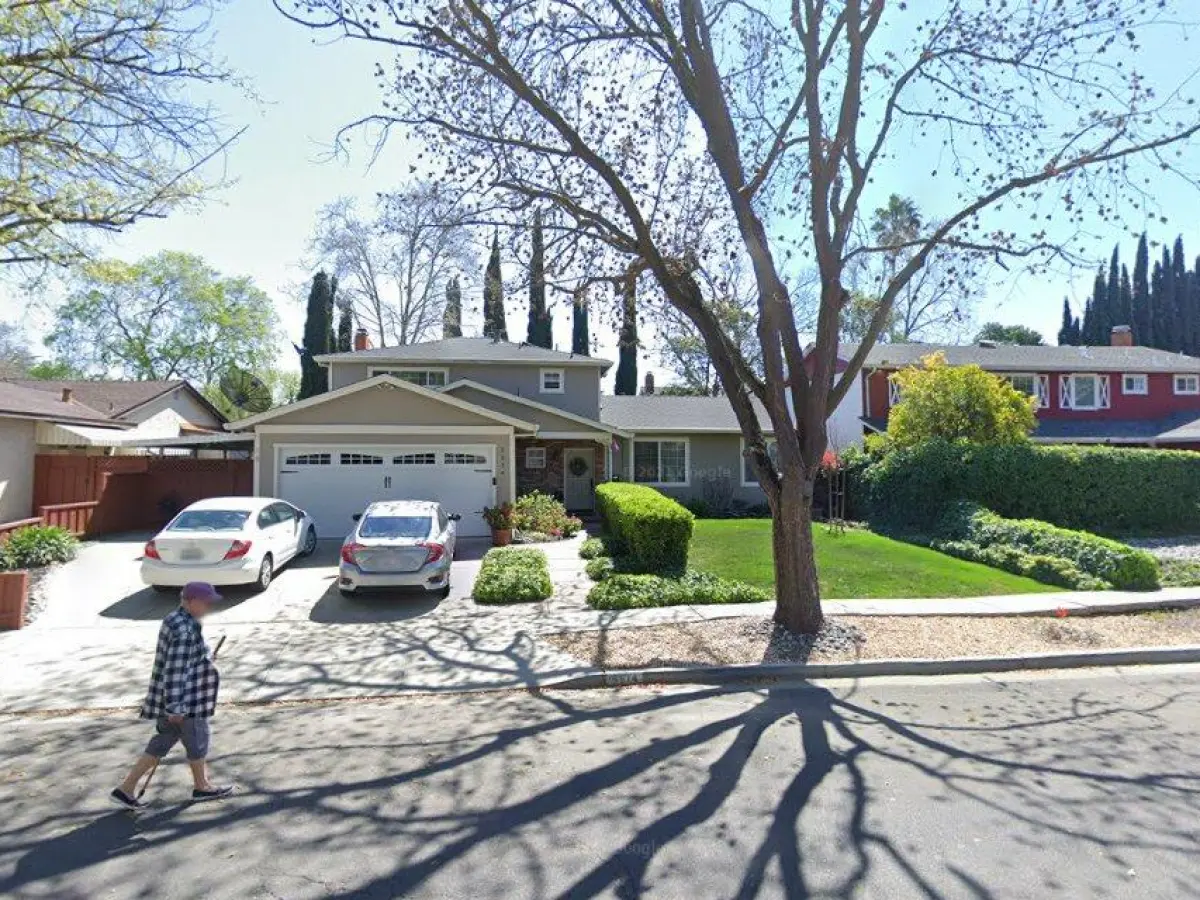Now Reading: Real Estate: 6 Smart VAT Tips for Property Investors in 2025
-
01
Real Estate: 6 Smart VAT Tips for Property Investors in 2025
Real Estate: 6 Smart VAT Tips for Property Investors in 2025

Table of Contents
Property Investors : Dubai’s real estate market soared to AED 239 billion ($65 billion) in Q1 2025, with a 19.46% residential price surge in 2024, per Dubai Land Department. Rental yields average 6–8%, outpacing London (3–4%) and New York (4–5%), per Property Finder. Value Added Tax (VAT), introduced in 2018 at 5% under UAE Federal Decree-Law No.
8/2017, applies to commercial transactions but exempts residential sales and leases. With no capital gains tax (CGT) and a 9% Corporate Tax (CT) above AED 375,000 ($102,000), investors must optimize VAT compliance to maximize returns. This article outlines six smart VAT tips for Dubai property investors in 2025, with U.S. tax considerations, without external links.
Why VAT Matters in Dubai’s Real Estate?

Dubai’s 4.1% GDP growth forecast, 3.5 million population, and 22 million tourists in 2024 drive demand, per World Bank and Dubai Tourism. VAT impacts commercial properties, developer services, and management fees, adding 0.5–1% to costs, per Knight Frank. Residential properties remain VAT-exempt, boosting affordability. Key impacts include:
- Cost Management: VAT recovery saves AED 5,000–20,000 annually.
- Rental Yields: 6–8% in Downtown Dubai; 90% occupancy in prime areas.
- Tax Efficiency: No CGT; CT offset by IRS Form 1116.
- FDI Growth: AED 50 billion ($13.6 billion) in real estate FDI in 2024.
6 Smart VAT Tips for Property Investors in 2025
1. Leverage VAT Exemption on Residential Transactions
Residential property sales and leases are VAT-exempt, per UAE Federal Tax Authority. A AED 2 million Jumeirah villa sale incurs no 5% VAT (saving AED 100,000), unlike commercial properties in Business Bay, which face AED 50,000–100,000 VAT.
- Impact: Boosts net returns by 1–2%; enhances 6–8% yields.
- U.S. Tax Consideration: Rental income on Form 1040, Schedule E; assets over $50,000 on Form 8938.
- Action: Focus on residential units in Palm Jumeirah; verify exemptions via Dubai Land Department.
2. Recover VAT on Commercial Property Expenses
Commercial landlords can recover 5% VAT on expenses like maintenance and brokerage fees, per UAE Federal Tax Authority. For a AED 1 million Business Bay office with AED 50,000 annual costs, reclaiming AED 2,500 VAT preserves 6–7% yields.
- Impact: Saves AED 2,500–10,000 yearly; offsets CT.
- U.S. Tax Consideration: VAT credits on Form 1116; expenses deductible on Schedule E.
- Action: Register for VAT with Federal Tax Authority; file via Emirates NBD.
3. Optimize VAT on Developer Service Fees
Developer fees for off-plan projects, like Emaar’s Downtown Dubai towers, incur 5% VAT, adding AED 10,000–20,000 to a AED 1.5 million purchase, per Omnia Capital. Negotiating fee structures or buying completed units reduces VAT liability.
- Impact: Lowers acquisition costs by 0.5–1%; speeds ROI by 3–6 months.
- U.S. Tax Consideration: Fees deductible on Schedule E; report assets on Form 8938.
- Action: Target completed units in City Walk; confirm fees via RERA.
4. Avoid VAT Penalties with Timely Compliance
Late VAT filings or errors incur penalties of AED 3,000–10,000, per UAE Federal Tax Authority. In 2024, 10% of Dubai investors faced fines, per Cushman & Wakefield, impacting net yields by 0.2–0.5%.
- Impact: Ensures 6–8% yields; avoids 5% audit risk.
- U.S. Tax Consideration: Penalties non-deductible; income on Form 1040.
- Action: Use FAB’s VAT filing services; register with Dubai Land Department.
5. Utilize Free Zone Benefits for VAT Savings
Properties in free zones like Dubai Multi Commodities Centre (DMCC) qualify for VAT zero-rating on certain services, per UAE Federal Tax Authority. Commercial units in JLT yield 6–7% with AED 5,000–15,000 VAT savings annually.
- Impact: Enhances ROI by 0.5–1%; attracts 15% more FDI.
- U.S. Tax Consideration: Report income on Schedule E; accounts over $10,000 on FinCEN Form 114.
- Action: Invest in DMCC properties; verify via DMCC Authority.
6. Structure Investments to Minimize VAT Exposure
Using a UAE corporate entity for commercial investments allows VAT input tax recovery, unlike individual ownership, per Knight Frank. A AED 3 million Sheikh Zayed Road office recovers AED 15,000 VAT annually, boosting 6–7% yields.
- Impact: Saves 0.5–1% yearly; supports 5–7% price growth.
- U.S. Tax Consideration: CT credits on Form 1116; gains deferred via IRS Section 1031 on Form 8824.
- Action: Set up entity via ADCB; target Business Bay offices.
Key Considerations for U.S. Investors

- Risks:
- Oversupply: 41,000 units in 2025 may soften yields by 0.5–1%, per Cushman & Wakefield.
- Volatility: 5–8% price fluctuations possible, per Omnia Capital.
- Compliance Costs: VAT advisors add 0.3–0.5% to costs, offset by savings.
- Tax Compliance: UAE’s 5% VAT on commercial transactions and 9% CT apply above AED 375,000. IRS requires Form 1040, Form 1116, Form 8938, Form 8824, Form 4562, and FinCEN Form 114.
- Regulatory Compliance: DFSA mandates KYC; AML fines up to AED 500,000. Verify via RERA.
- Currency Stability: AED pegged at 1 USD = 3.67 minimizes exchange risk.
Conclusion
Dubai’s 2025 real estate market, with AED 239 billion ($65 billion) in Q1 transactions and 6–8% yields, benefits from smart VAT strategies. Leveraging residential exemptions, recovering commercial VAT, optimizing fees, ensuring compliance, using free zones, and structuring investments save AED 5,000–20,000 annually. U.S. investors, leveraging IRS credits and tools from Dubai Land Department or RERA, can maximize returns via Emaar, Nakheel, or DMCC properties in Dubai’s dynamic market. property investor
read more: Dubai : 5 Strategic Golden Visa Tax Benefits Explained in 2025





















